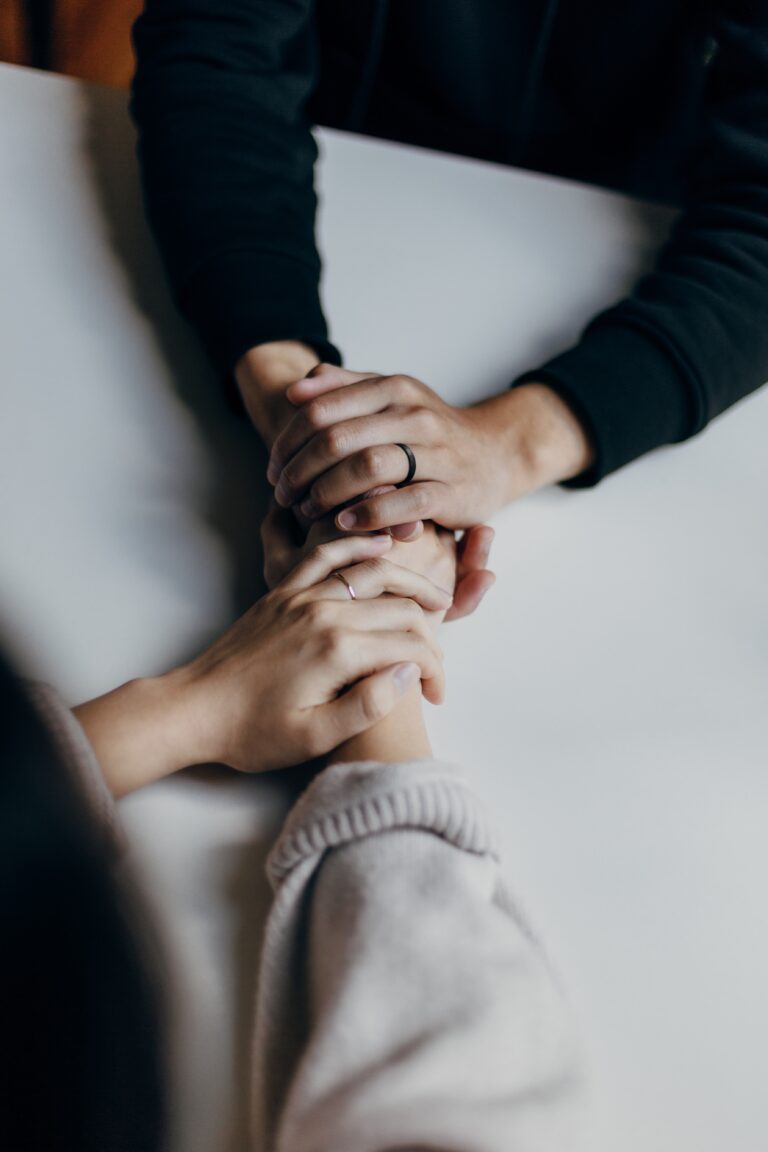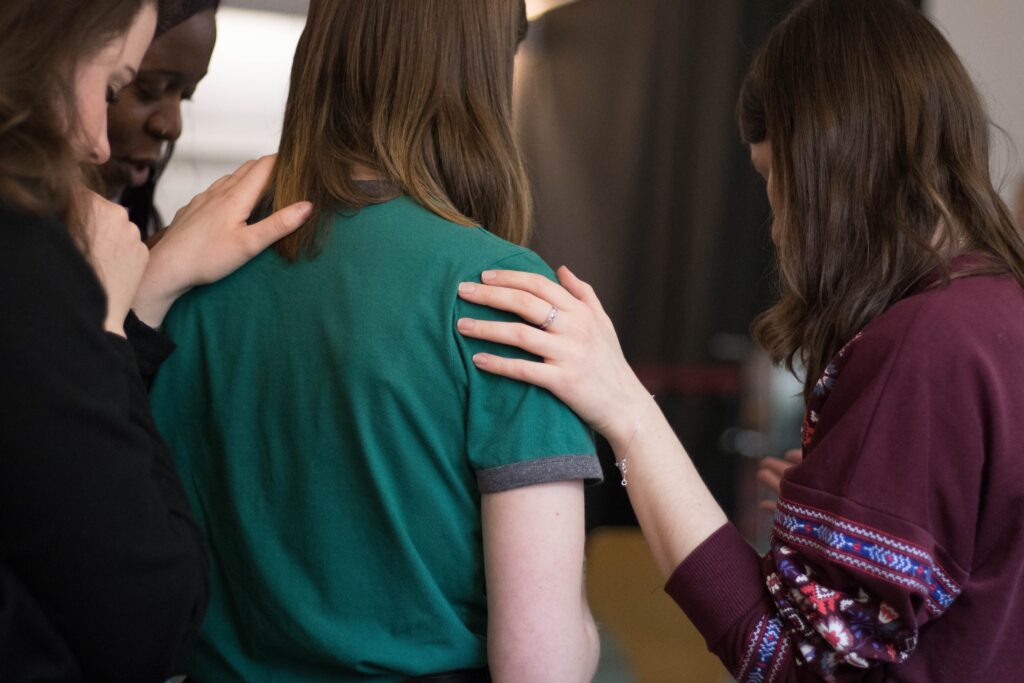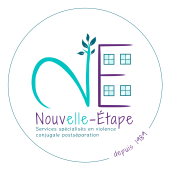The self-defense key chain
A tool to keep you safe and
to give you resources.
While we may not be able to eliminate the risks and dangers that women still face, here's a keychain that will give you a little more peace of mind*. Listed below are several resources to help victims of sexual and domestic violence. These resources are there to support you, so don't hesitate to ask for help.
If you are in danger and in need of immediate assistance, call 9-1-1.
If you have been sexually assaulted, here are some ressources to help you.
- Even if you do not intend to press charges or are not sure what happened, you can do a forensic exam by going to the emergency room of one of the following hospitals: Notre-Dame Hospital and Montreal General Hospital (adults). Montreal Children's Hospital and CHU Sainte-Justine (minors).
- If you need support or you need to talk to someone : sexual-violence-helpline 1-888-933-9007.
- If you need support or specialized resources, CALACS (Centre d'aide et de lutte contre les agressions à caractère sexuel) Trêve pour Elles: 514-251-0323.
-
For resources in more than 12 languages, Multilingual information lines (Shield of Athena): 514-270-2900 (Montreal), 450-688-2117 (Laval).
If you are victim of domestic violence, these ressources are there for you.
- For referrals to shelters or domestic violence hotlines, SOS-Violence-Conjugale: 1-800-363-9010, SMS : 438-601-1211.
- If you need legal information on family law: Inform'Elle, 450-443-8221 or 1-877-443-8221 (toll free).
- If you need help moving or storing your belongings, please contact the Shelter Movers organisation : 1-855-203-6252 (ext. 5) .
- If you are experiencing domestic violence after your separation, Services Unies.Vers.Elles : 438-380-3831.
Resources to help you in any situation :
- For support for crime victims or their loved ones, CAVAC (Crime Victims Assistance Centres) : 1-866-532-2822.
-
You may be eligible for a compensation to help you through this ordeal, IVAC (Indemnisation des victimes d'actes criminels): 514-906-3019 (Montreal), 1-800-561-4822 (everywhere in Canada toll free).
- You are entitled to 4 hours of free legal consultation in case of domestic violence or sexual assault, Rebuild service: 1-833-732-2847.
- If you are in crisis or thinking about suicide, you are not alone. Call Info-Suicide: 1-866-277-3553. You can also contact the social emergency: 8-1-1, option 2.
- If you are not feeling well or need any support, you can also go to your local CLSC and ask to see a social worker. (Psychosocial reception)


If you are a relative, a friend or a collegue of a victim, you can also receive help to better support and assist the victim. Don't hesitate to refer to these resources and to pass them on to those around you if necessary, it can save lives.

The cat is perfectly legal since it is made of plastic. When it is made of metal, it is a weapon and it is illegal to carry. It has been verified at the juridical level and it is when it is made of metal that it becomes a stabbing weapon and that its carrying becomes illegal. Article 34 of the Criminal Code states that a person has the right to use force in self-defense. The person can only use "necessary force", which must be proportional to the danger incurred. Self-defence can only be invoked if the person feared for his or her safety and had the genuine intention to defend himself or herself. The person must have acted as a reasonable person would have acted in the same circumstances. This assessment of reasonableness is based on specific criteria, such as the nature of the force or threat, the use or non-use of a weapon, the history of relationships and/or communications between the individuals involved, and the size, sex, age and physical capabilities of the individuals (Criminal Code, s. 34, par. 2).

